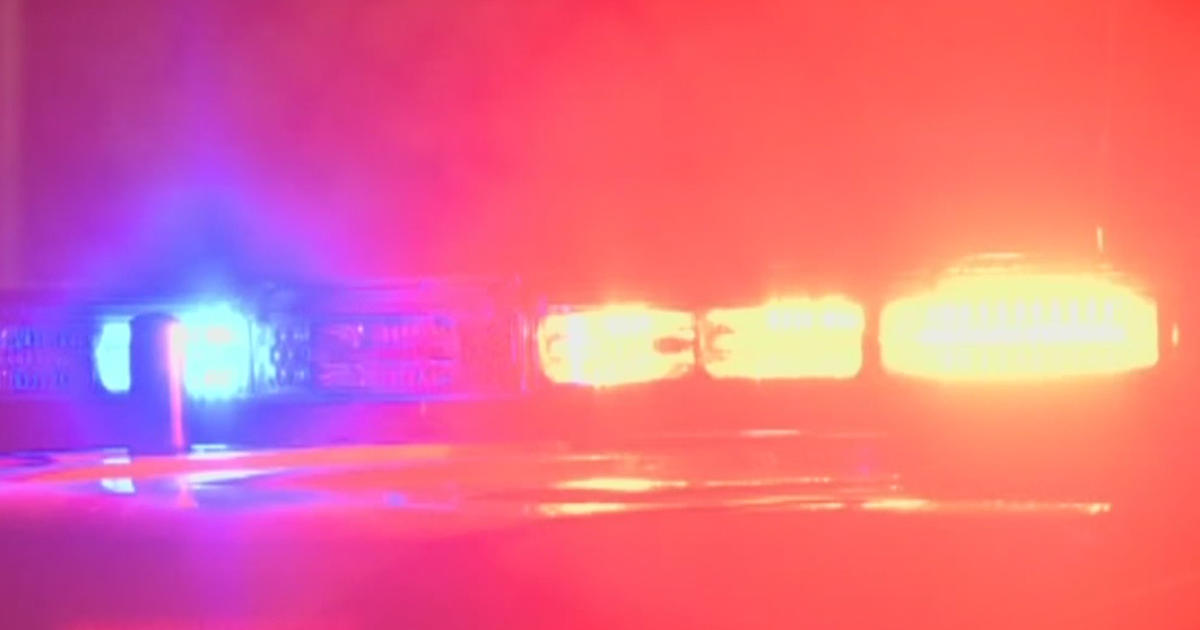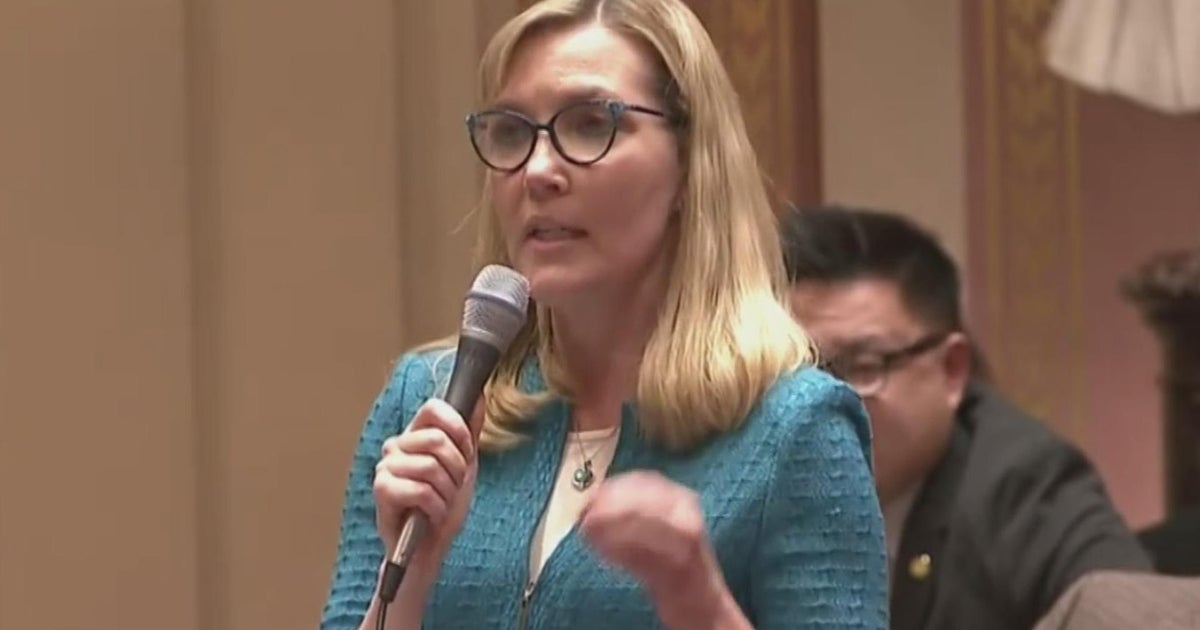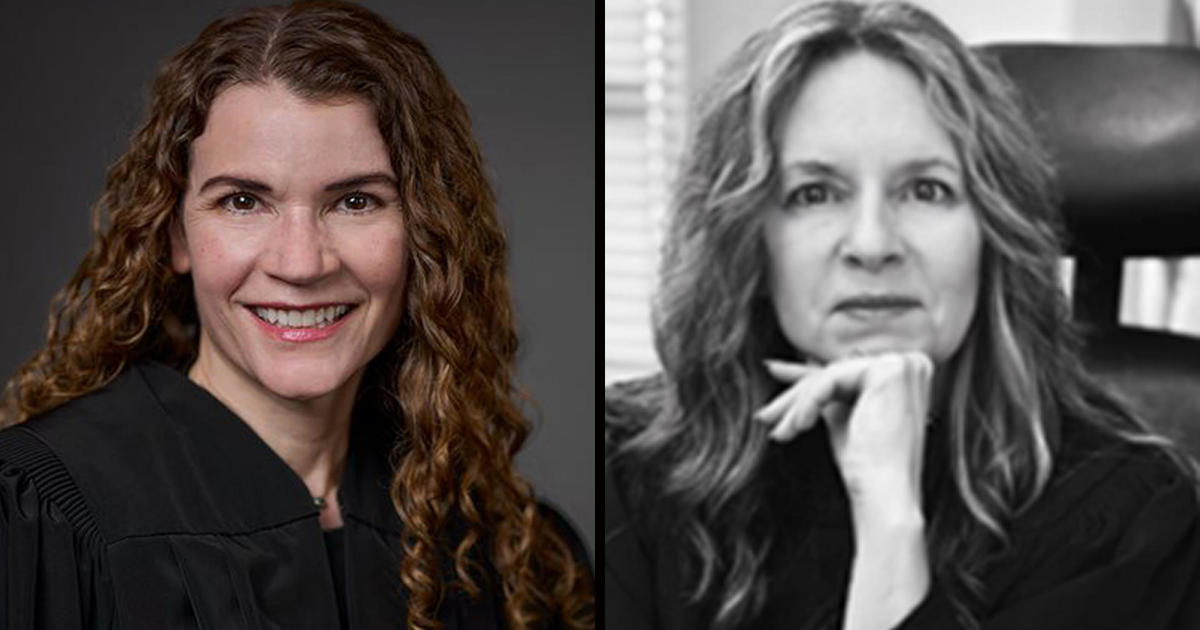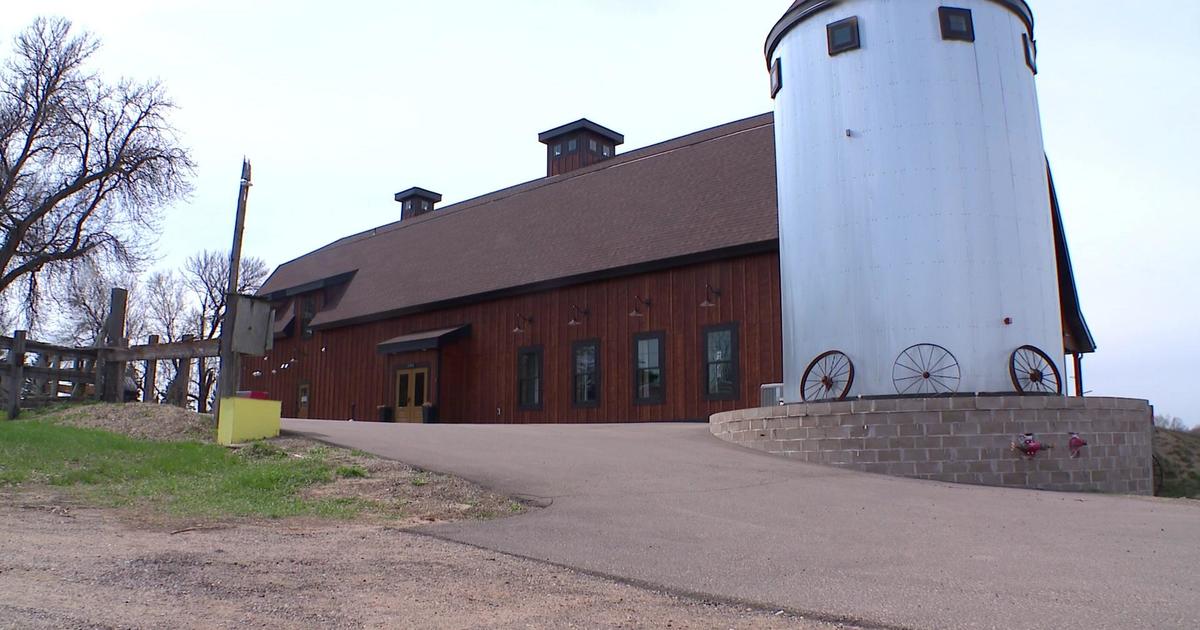Dakota County To Begin Taking DNA From Those Charged With Violent Crimes
HASTINGS, Minn. (WCCO) -- The Dakota County Sheriff Office will be the first in the state to begin collecting DNA swabs from those suspected of a violent crime.
A recent Supreme Court ruling is being cited as the basis for giving a green light to the practice of collection prior to conviction.
It's already being used on people once they are convicted of violent crimes, prior to going to prison.
But a challenge to DNA collection prior being found guilty of a crime put the practice on hold for the past 10 years.
Currently, when a suspected criminal is booked into the Dakota County Jail, they are fingerprinted and photographed. But within a few weeks, those booked on a violent crime can expect to have a cheek swab taken to gather their DNA.
"If there's no conviction the DNA is removed from the database," Sheriff Tim Leslie said.
He said constituents he speaks with are demanding a get-tougher approach to law enforcement and public safety. Using DNA to help solve crimes is one way of doing that.
"This is one more tool in the toolbox that the Legislature gave us access to that is not being used, so we're going to try to use it," Leslie said.
The Legislature authorized the practice under a 2005 law. That was quickly overturned by the Minnesota Court of Appeals in 2006 as "unlawful search and seizure," a violation of the 4th amendment.
When a similar Maryland law was ruled constitutional by the Supreme Court in 2013, Dakota County Attorney Jim Backstrom decided it was time to act.
"The U.S. Supreme Court upheld the practice and said it was not intrusive in terms of not being unconstitutional and it could be collected," Backstrom said. "That's just like fingerprints are collected from someone when they are arrested."
The American Civil Liberties Union of Minnesota says the practice is ignoring state's rights, as reflected by the 2006 Appeals Court ruling.
"Our system is that you are innocent until proven guilty, that's why we don't allow fishing expeditions and don't allow a lot of other things that would make perfectly good sense," executive director Charles Samuelson said.
He added that the UCLA will be watching closely and would likely represent a client who feels harmed by the practice and would want to press a legal challenge.
Other counties will be watching too and anticipate beginning a similar practice of collecting DNA prior to a conviction.
Again, if charges are later dropped or a person is found not guilty, any collected DNA will have to be erased from law enforcement data bases.



